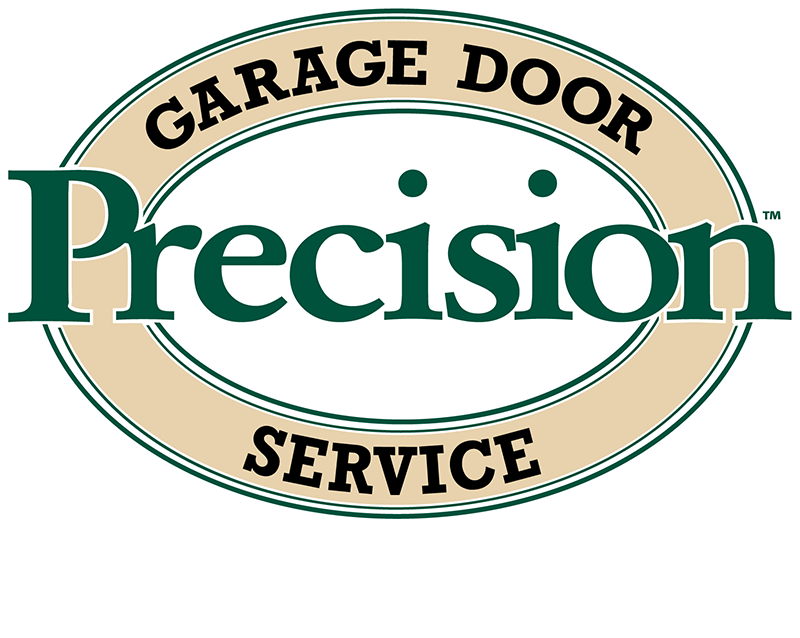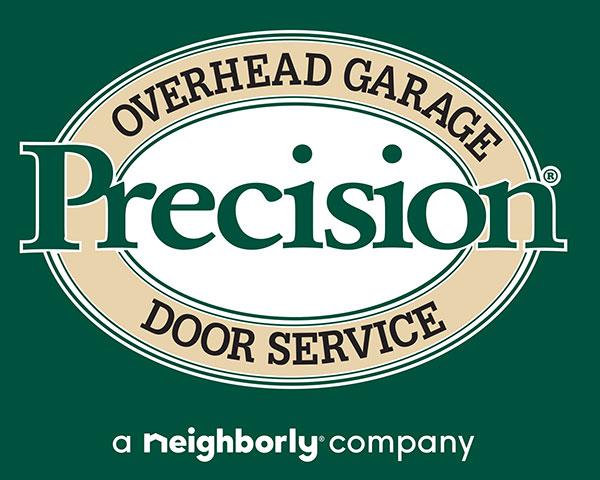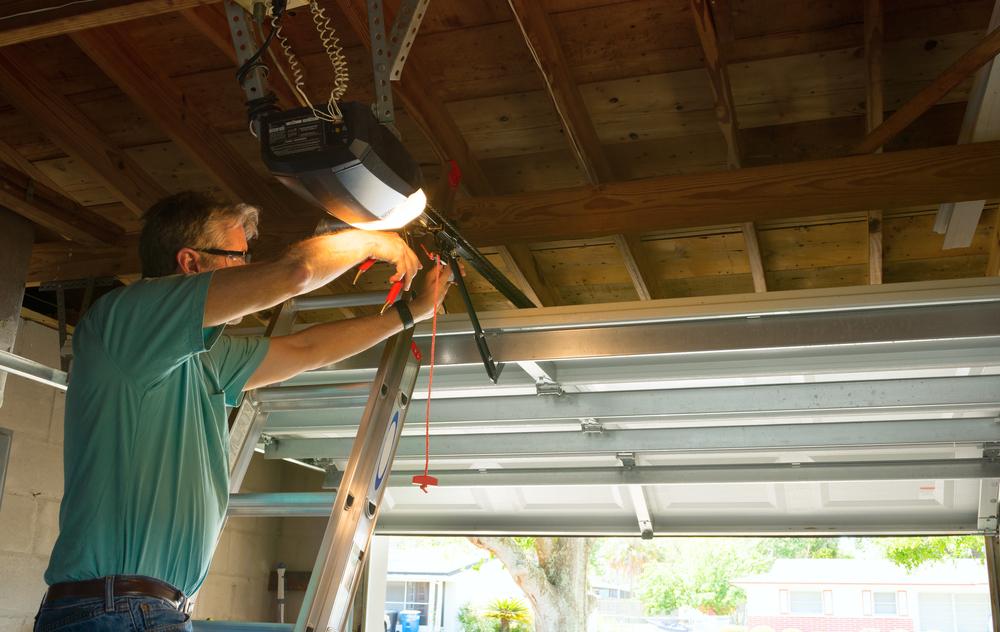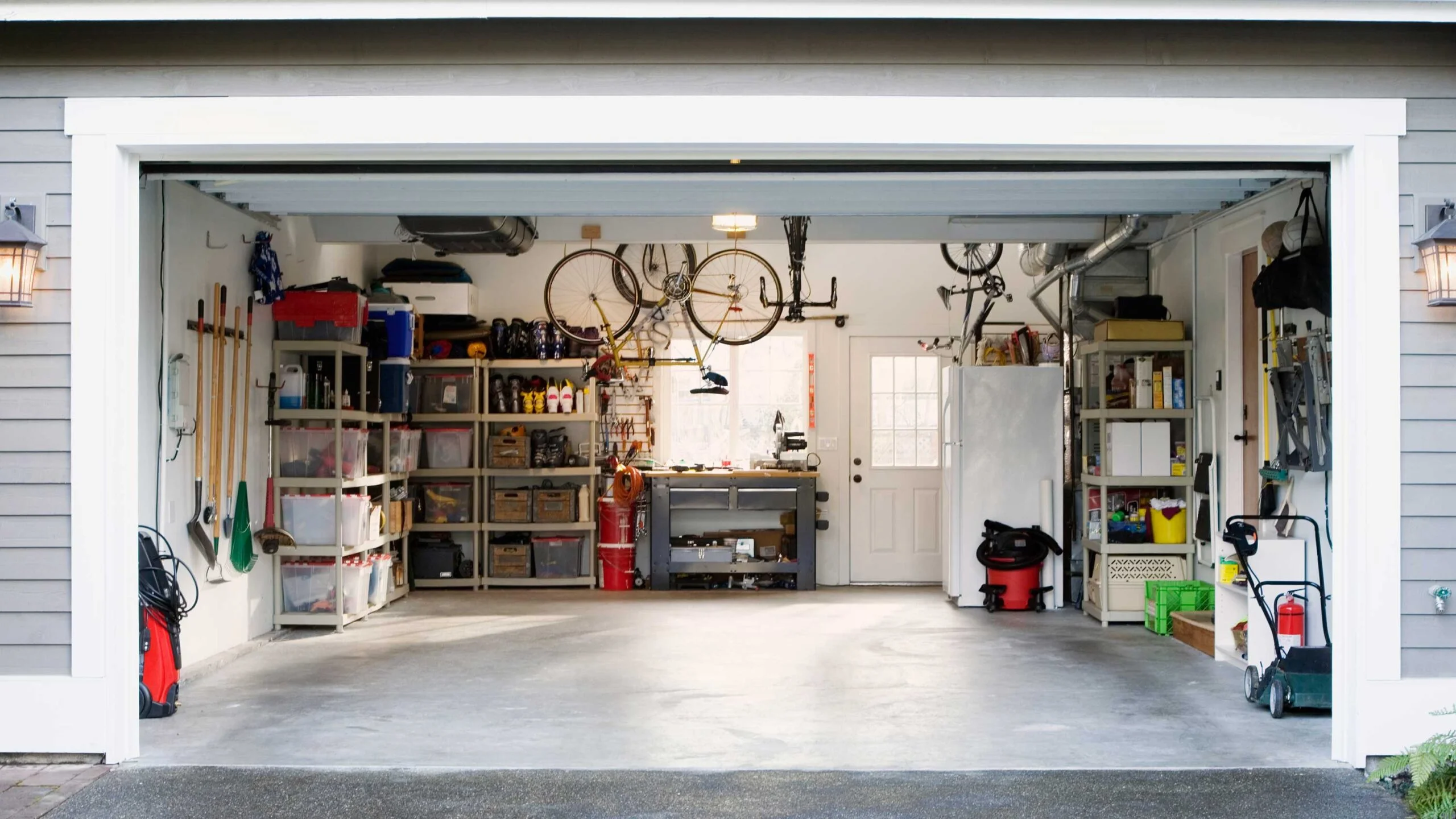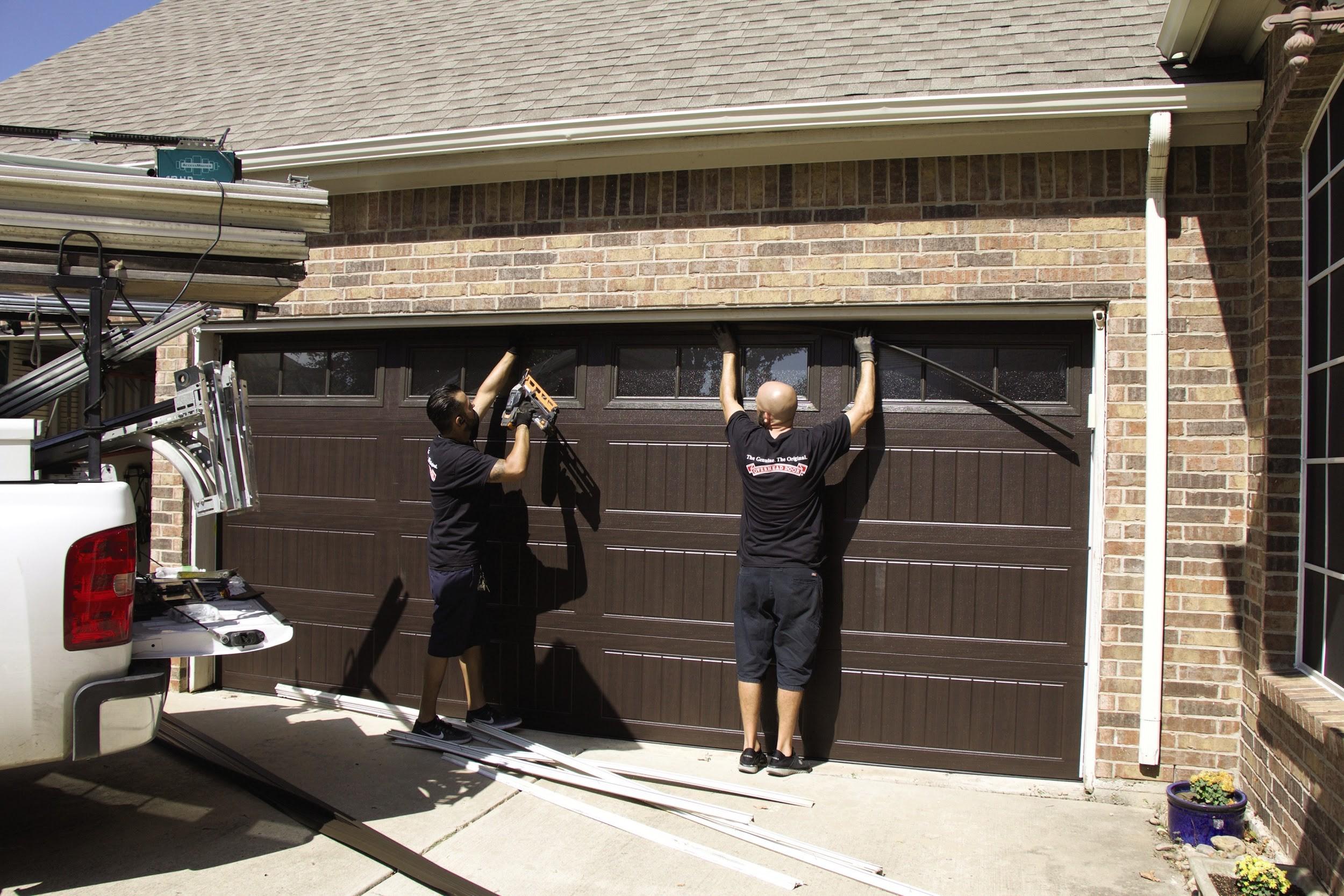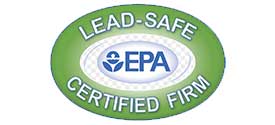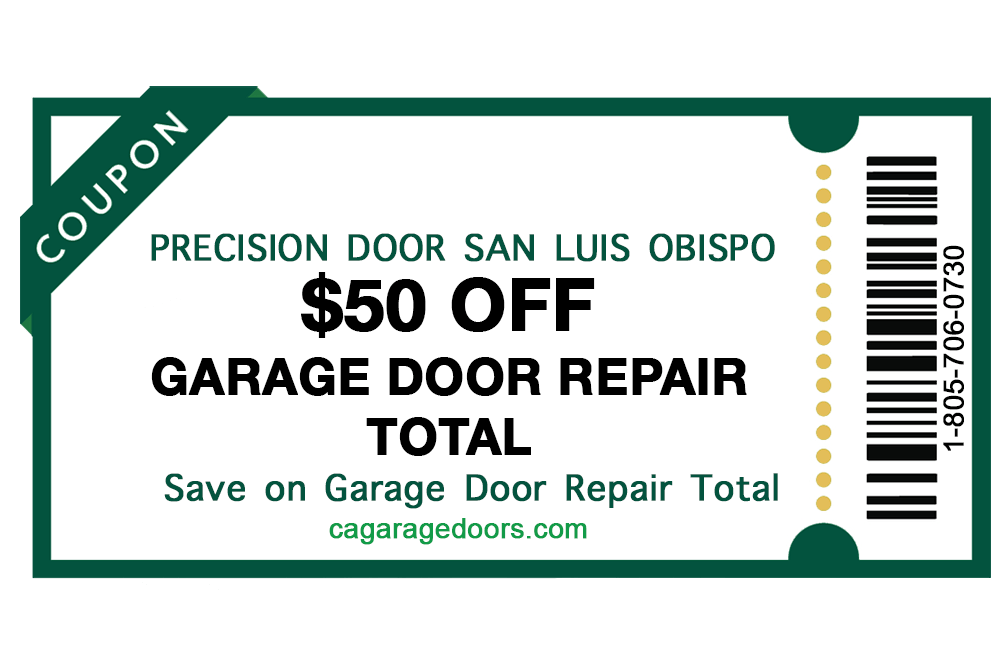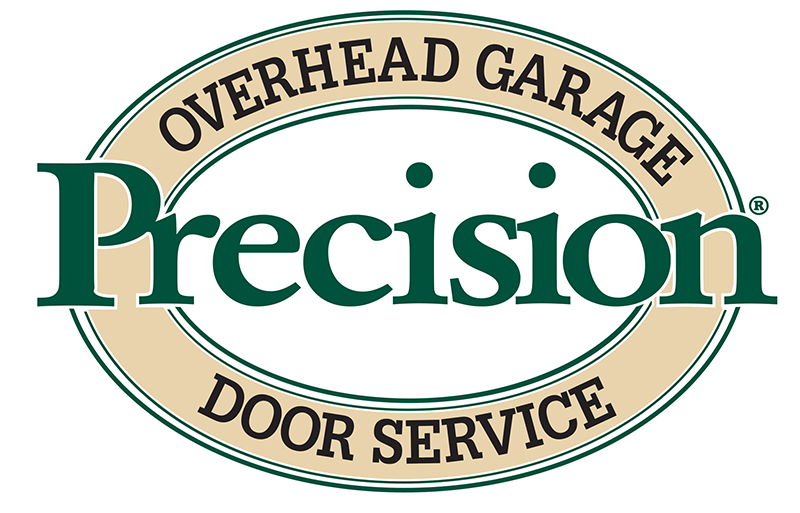5 Common Precision Garage Door Problems and How to Fix Them
Your garage door is more likely to break down more often since you use it every day. While most garage door problems are easy to tackle, you may need professional services if the problems persist. It is essential that you learn the common garage door problems before you think of contacting a Precision garage door specialist. This will help you know whether you can fix the issues yourself or you will need to contact a specialist. Here are the common garage door problems and how you can fix them.
The Remote Does Not Operate the Precision Garage Door Opener
Your Precision garage door should bulge when the wall switch or remote is pressed. You should check whether the power source has been disrupted in any way. One of the common causes of this issue is an unplugged motor unit. Ensure that the outlet is properly plugged and the cord is plugged into a power source.
Check for a burned-out motor. This is an issue that will need you to contact a professional to replace the motor.
A burned-out fuse or circuit breaker powering the garage door opener could also cause power disruption. Check whether other electrical lights in the garage are working. If they aren’t working, then this might be the problem. Ensure that you replace the fuse or reset the circuit breakers to rectify this problem. If you notice that the circuit breakers keep on tripping, this shows a short circuit in the electrical and garage door opener.
Garage Door Does Not Close Evenly
Your garage door should open and close completely. If this is not the case, check whether the close-limit switch is properly adjusted. The close-limit switches are responsible for the opening and closing of the door. They instruct the openers motor when they should stop, either when closing or opening. A wrong close-limit switch can jam and prevent the garage door from opening. It can also make the opener pull back or reverse when you are closing it.
Ensure that the close-limit switch is appropriately adjusted to prevent it from functioning erratically. The switch prevents the door from closing on people. It is a safety measure that all garage openers should have to avoid minor accidents when opening or closing the door.
You should check whether the safety sensors require realignment or adjustments. A garage door has electronic photo eyes located at the bottom, and they are on both sides. Ensure that there is a clear line of sight between these eyes as a slight blocking might tamper with the opening and closing of the door. However, if there is a problem, the lights will flash out, and the door will reverse or stop.
In some cases, rusted rollers might cause the garage door to bind in the rolling tracks. It would help if you lubricate the tracks with silicone or consider replacing them to solve this issue. Bent tracks can also cause this issue.
Unresponsive Keypad or Remote
There are various reasons why the mounted keypad or remote control won’t open your garage door. One of the reasons is that your remote antennae might be out of range, and you need to move closer. Door openers have small radios that can only operate if you are few meters from the garage. The antenna should hang downward and not faulty.
You can consider reprogramming the keypad or the remote control if the problem persists. Electronics are sensitive, and they often lose their programming. Different garage doors have different programming methods. You can learn how to program the device online or contact a professional in garage door repair in Santa Maria.
Noisy Garage Doors
Noisy garage doors are irritating and can disrupt your peace and patience. The loud noise indicates that there is a problem with your opener. Check out for pops, rinds, or other noises that might arise as you open or close the garage door. You can also read online on how you can troubleshoot and fix the issue.
Squeaks can be silenced by applying lubricants. Apply grease thoroughly on the tracks and silicone lubricants on the stripping around the door and between the panel. Before you start troubleshooting, ensure that you follow all the safety precautions.
A grinding noise around the garage door can be caused by worn-out or poorly lubricated rollers. Consider lubricating the rollers to silence the noise. You can also consider replacing the worn-out metal rollers with nylon. Worn-out door hinges can also create a grinding noise. Ensure that you inspect if they have cracks. Replace them immediately if they have cracks, as this can cause a safety hazard.
Rattling noises in your garage doors can be caused by loose screws and nuts. You can silence this by tightening the hardware. The torsion springs in your garage can cause a popping sound.
Frozen Garage Doors
Your garage door may fail to open during winter. If you experience this, look for nuts in the motor and adjust them. The garage doors might also become stiff during this season, making the door not to open. You can solve this problem by lubricating the rollers.
